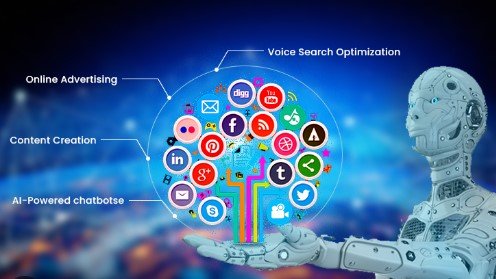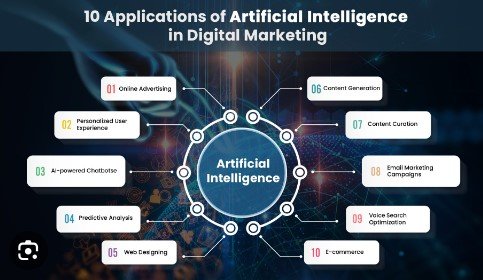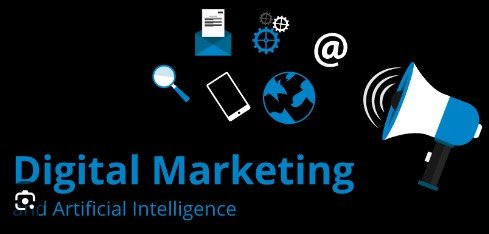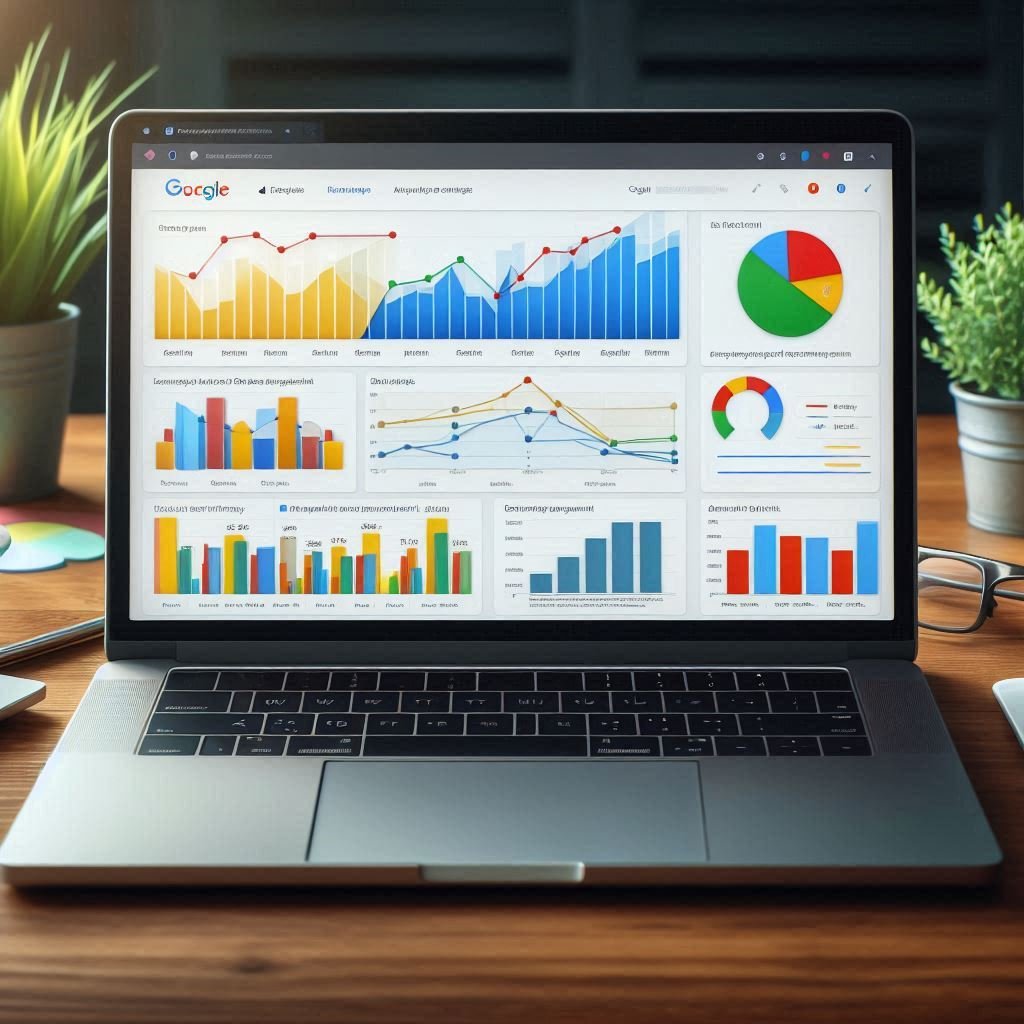Artificial Intelligence (AI) is changing the face of digital marketing. It’s like magic, but backed by data and algorithms. Imagine a world where marketing campaigns are more personalized, efficient, and effective. That’s the power of AI in digital marketing. This blog will explore how AI is reshaping the digital landscape and why it’s a game-changer for marketers.
What is AI in Digital Marketing?
AI in digital marketing refers to the use of artificial intelligence technologies to enhance marketing strategies. AI can analyze vast amounts of data, predict trends, and make decisions. These capabilities help marketers create more targeted and effective campaigns.

Personalized Experiences
Personalization is key to successful marketing. AI helps deliver personalized content to each user. It can analyze user behavior and preferences to suggest relevant products or content. For example, Netflix uses AI to recommend shows based on your viewing history. This level of personalization keeps customers engaged and loyal.
Benefits of Personalization
- Increased Engagement: Personalized content grabs attention.
- Higher Conversion Rates: Tailored offers lead to more sales.
- Customer Loyalty: Users appreciate when their preferences are understood.
Optimizing Campaigns
AI takes the guesswork out of marketing. It can analyze which campaigns work best and why. By doing so, AI helps optimize marketing efforts. This means better results with less effort.

How AI Optimizes Campaigns
- Data Analysis: AI analyzes data to find patterns.
- Predictive Analytics: It predicts future trends and outcomes.
- A/B Testing: AI can run multiple versions of a campaign to see which performs better.
Unlocking Hidden Customer Insights
Understanding your customers is crucial. AI can dig deep into data to uncover hidden insights. These insights help you understand customer behavior and preferences. With this knowledge, you can create more effective marketing strategies.
Tools for Customer Insights
- Chatbots: These AI tools can collect data from customer interactions.
- Sentiment Analysis: AI can analyze social media and reviews to gauge customer sentiment.
- Customer Segmentation: AI divides your audience into segments based on behavior and preferences.
AI-Driven Content Creation
Creating content is time-consuming. AI can help by generating content based on data. This includes writing blog posts, creating videos, and designing graphics. Tools like GPT-4 can write articles, while tools like Canva use AI to help design visuals.
Benefits of AI-Driven Content
- Efficiency: Save time on content creation.
- Consistency: Maintain a consistent brand voice.
- Scalability: Create more content in less time.

Enhancing Customer Support
AI-powered chatbots are transforming customer support. They can handle multiple queries simultaneously and provide instant responses. This improves customer satisfaction and frees up human agents for more complex issues.
Advantages of AI in Customer Support
- 24/7 Availability: Chatbots are always available.
- Instant Responses: No waiting time for customers.
- Cost-Effective: Reduce the need for a large support team.
Improving ROI
AI helps improve return on investment (ROI) by making marketing more efficient. It can identify the most profitable marketing channels and allocate budgets accordingly. This ensures you get the most bang for your buck.
Ways AI Improves ROI
- Ad Targeting: Target ads to the right audience.
- Budget Allocation: Allocate budget to the most effective campaigns.
- Performance Tracking: Monitor and adjust campaigns in real-time.

Case Studies of AI in Digital Marketing
Case Study 1: Spotify
Spotify uses AI to create personalized playlists for its users. By analyzing listening habits, Spotify can recommend new songs and artists. This keeps users engaged and coming back for more.
Case Study 2: Amazon
Amazon’s recommendation engine is powered by AI. It suggests products based on your browsing and purchase history. This has significantly increased Amazon’s sales and customer satisfaction.
Case Study 3: Coca-Cola
Coca-Cola uses AI to analyze social media and customer feedback. This helps them understand what customers want and create targeted marketing campaigns. It has improved their customer engagement and brand loyalty.
Challenges and Ethical Considerations
While AI offers many benefits, it also comes with challenges. Privacy concerns are a major issue. Marketers must ensure they use data ethically and transparently. Additionally, there is the risk of over-reliance on AI. Human creativity and intuition are still crucial in marketing.
Addressing the Challenges
- Data Privacy: Ensure compliance with data protection regulations.
- Transparency: Be clear about how you use customer data.
- Human Touch: Balance AI with human creativity.

Future Trends in AI and Digital Marketing
The future of AI in digital marketing looks promising. Here are some trends to watch out for:
- Voice Search Optimization: With the rise of smart speakers, optimizing for voice search is crucial.
- AI-Powered Video Content: AI can help create and personalize video content.
- Enhanced Predictive Analytics: AI will provide even more accurate predictions and insights.
Conclusion
AI is transforming digital marketing in remarkable ways. It helps personalize experiences, optimize campaigns, and uncover hidden insights. As AI continues to evolve, its impact on marketing will only grow. Embrace AI to stay ahead of the curve and unleash marketing magic.
